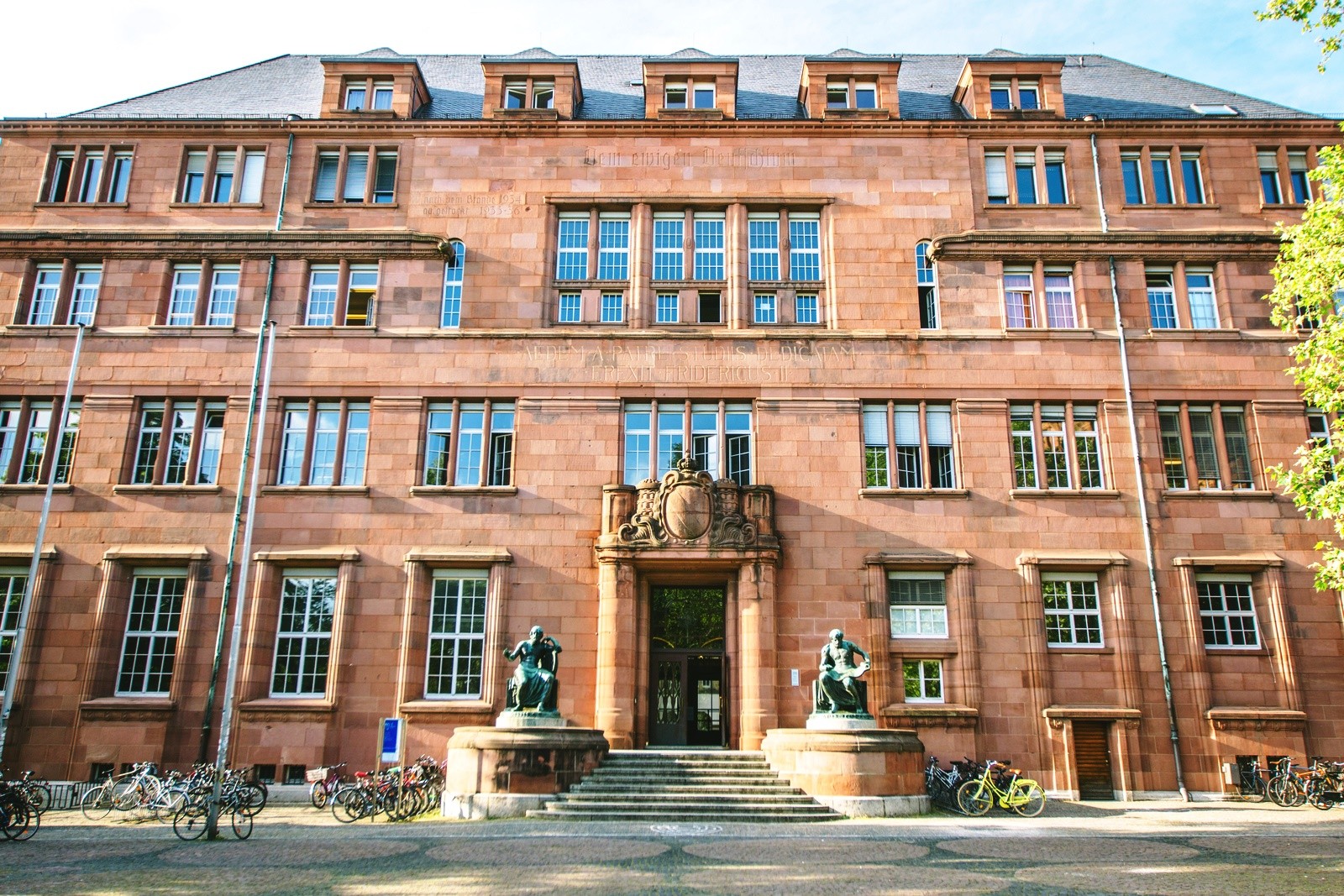University of Freiburg researcher selected as Alexander von Humboldt Professor
Sustainability researcher Prof. Dr. Arnim Wiek from Arizona State University and visiting professor at the University of Freiburg will receive one of this year’s Alexander von Humboldt Professorships. He will use the funding of five million euros to establish a new research Centre for Sustainable Food Economy at the University of Freiburg. In particular, the centre will link existing research activities on the topic at the University of Freiburg and in the trinational Upper Rhine region and strengthen their transfer to society.
“Arnim Wiek is one of the leading scientists in the field of sustainability science. He has played a decisive role in shaping the field’s development,” says a spokesperson from the Humboldt Foundation in light of the professorship award. Prof. Dr. Kerstin Krieglstein, Rector of the University of Freiburg, emphasises: “I am very pleased that Prof. Dr. Arnim Wiek has been awarded the Humboldt Professorship 2024. Together with him, the University is positioned to further expand its focus on sustainability science.” Another milestone in this regard is the Innovation Campus currently being set up with the Karlsruhe Institute of Technology (KIT), which also offers potential for links to the Humboldt Professorship.
Wiek has made important contributions to the development of sustainability science over the past 15 years, particularly in the areas of research methodology, educational programs, and societal relevance. His empirical research ranges from water management, urban development, and climate change mitigation to the governance of nanotechnology. Since 2017, Wiek has focused primarily on issues related to sustainable food systems.
The focus on small and medium-sized food businesses and their institutional support
Wiek’s main research focus is on small and medium-sized food businesses, especially those that are located between production and consumption, are involved in processing, logistics and distribution. “They have a particularly big potential for developing sustainable regional value chains because they fulfil critical supply chain functions, are anchored in the region and often act more innovatively than large food corporations,” says Wiek. Institutional support for these businesses is also already breaking new ground, which Wiek is helping to shape and explore. “In this case, we’re specifically talking about training and advisory services on cooperative and nonprofit forms of enterprise, inclusive approaches to food policy and building an inclusive food democracy, and expanding social and ethical financing models.” However, all of this is still taking place in niche areas. Wiek emphasises, “Knowledge transfer and scaling of these innovative practices and models are central to the sustainability transformation in the food economy – and it’s these in particular that the planned research centre seeks to advance.”
Involvement of practitioners and societal stakeholders
Methodologically, Wiek’s research is marked by a high degree of solution orientation and transdisciplinarity, such as the inclusion of practitioners and societal stakeholders in his research activities. “In this way, we want to ensure that our research is relevant to real-world implementation and actually contributes to the desired sustainability transformation in business and society,” says Wiek. One particular approach is the “Mobile Solution Research Lab,” a real-lab format that Wiek has tested at research centres in Canada and the U.S. and will now develop further in collaboration with KIT. It is a spatially flexible transdisciplinary research infrastructure that can be embedded in different practical contexts of the food industry and can thus produce a diverse amount of decision-relevant data. Last but not least, Wiek’s research and teaching activities are also concerned with making sustainability an integral part of professional training and academic programs on food systems.
“I am very much looking forward to tackling the upcoming tasks in central sustainability fields at the University of Freiburg with many of my new colleagues,” says Arnim Wiek. “I would like to thank the Alexander von Humboldt Foundation for making this possible by awarding me this professorship.”

